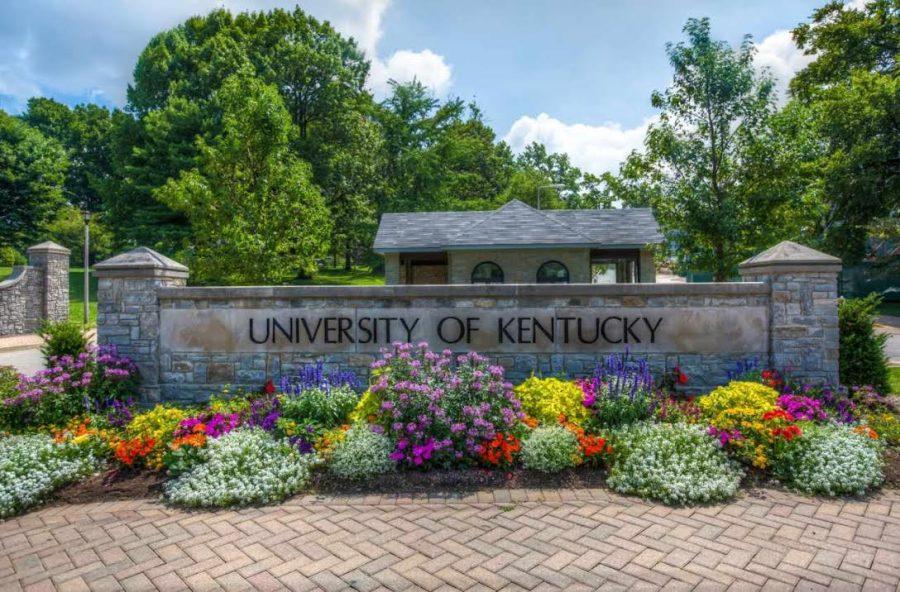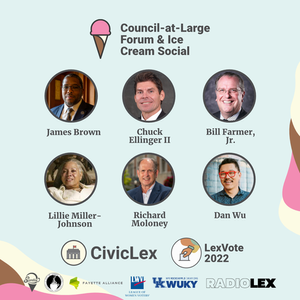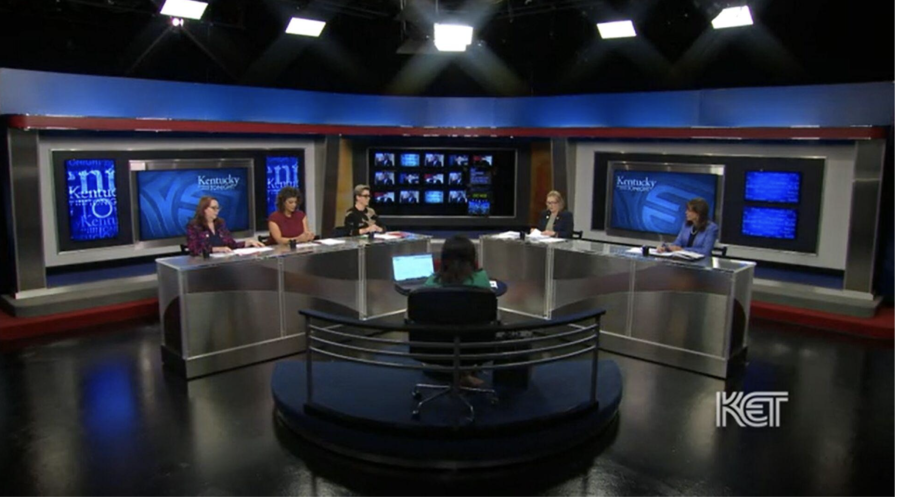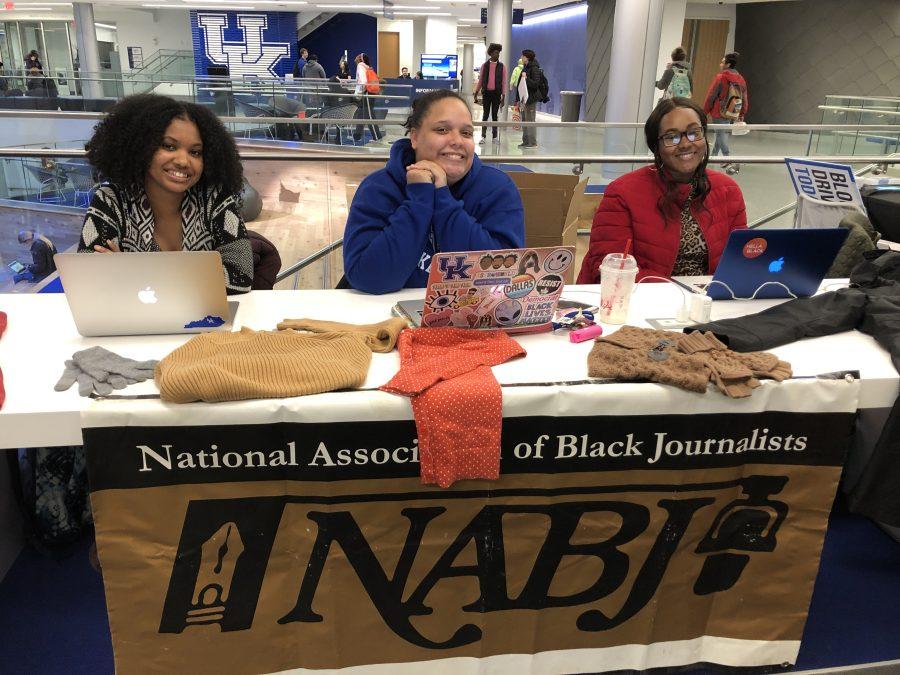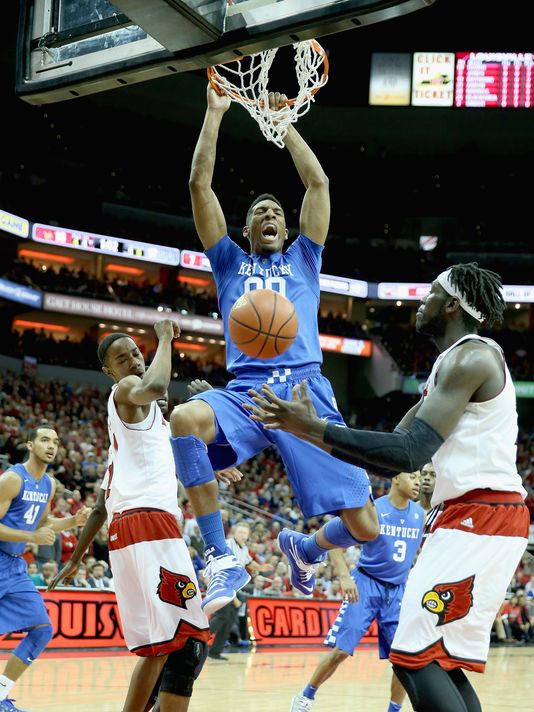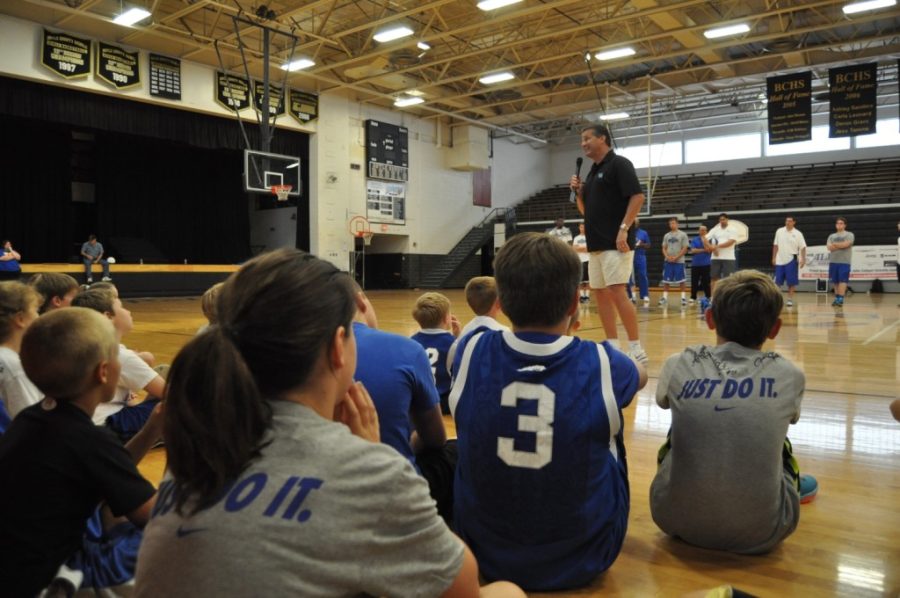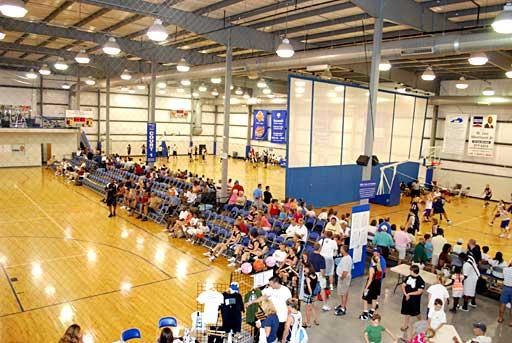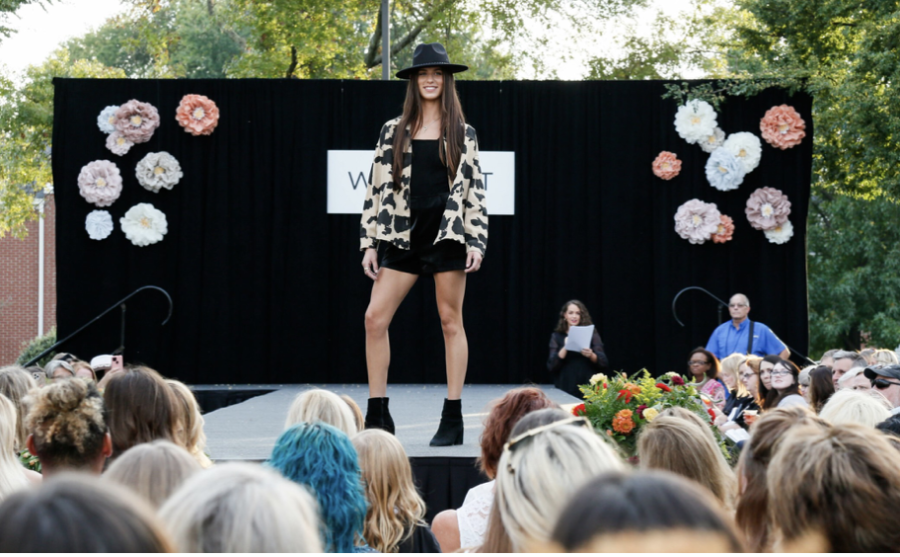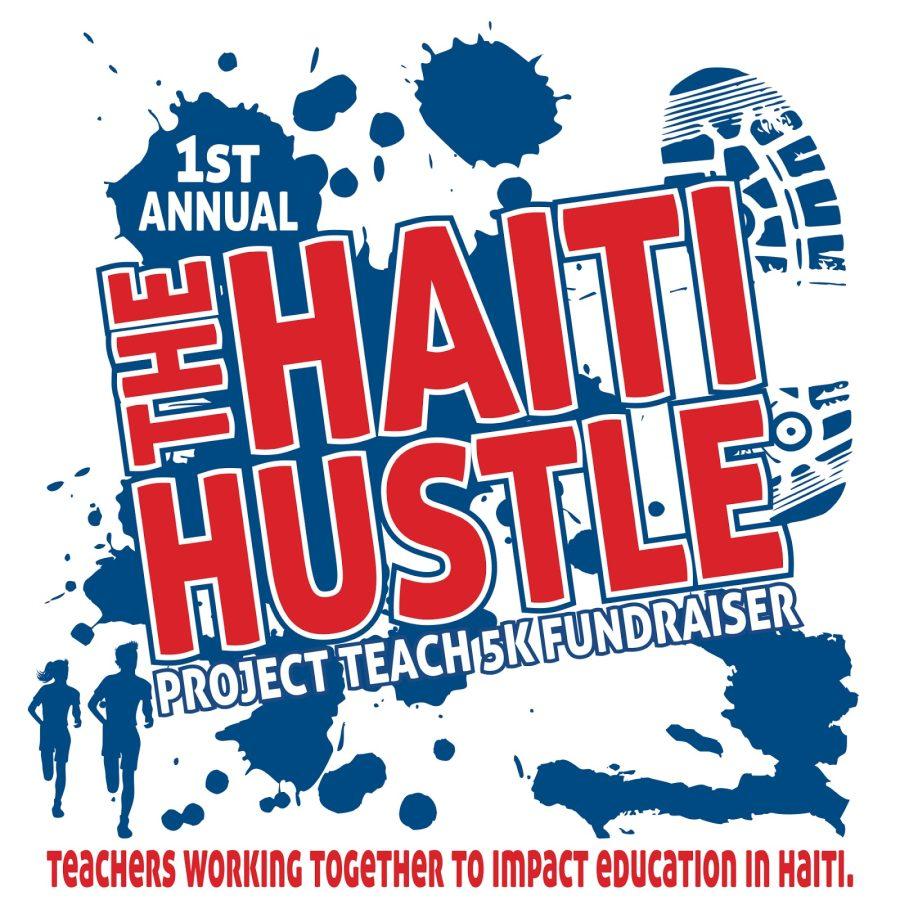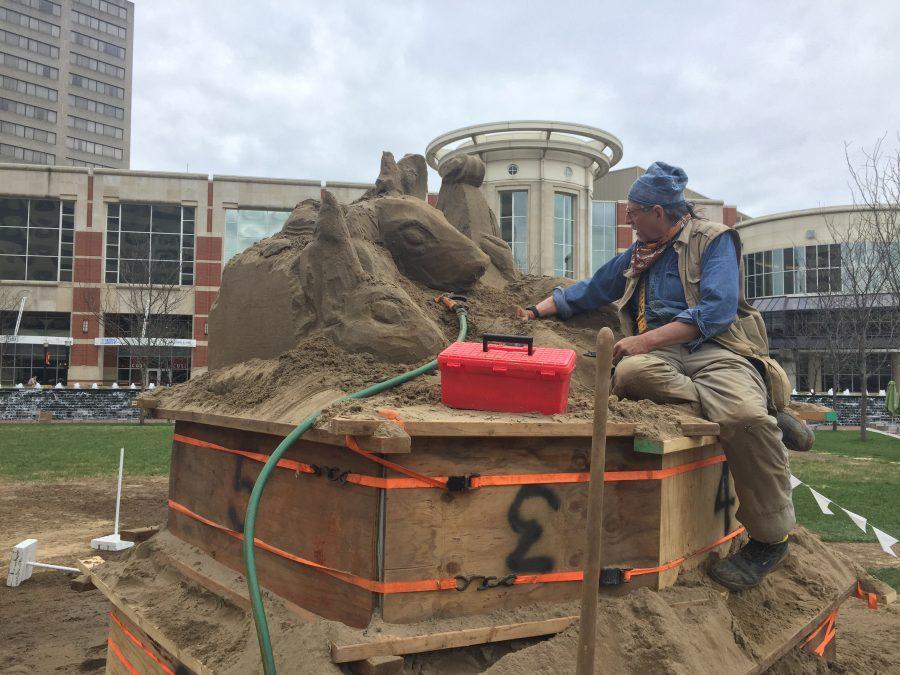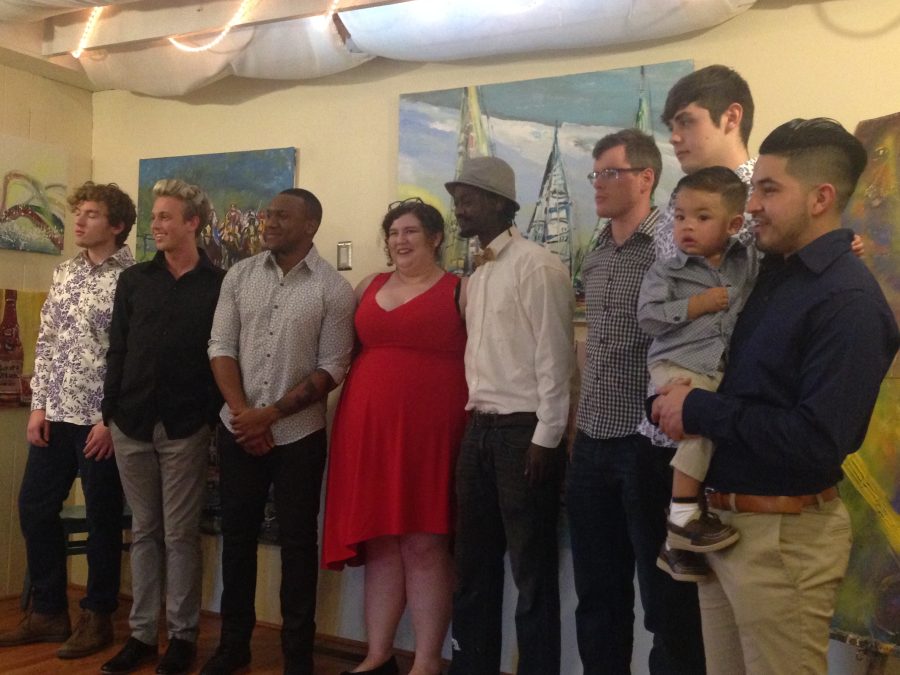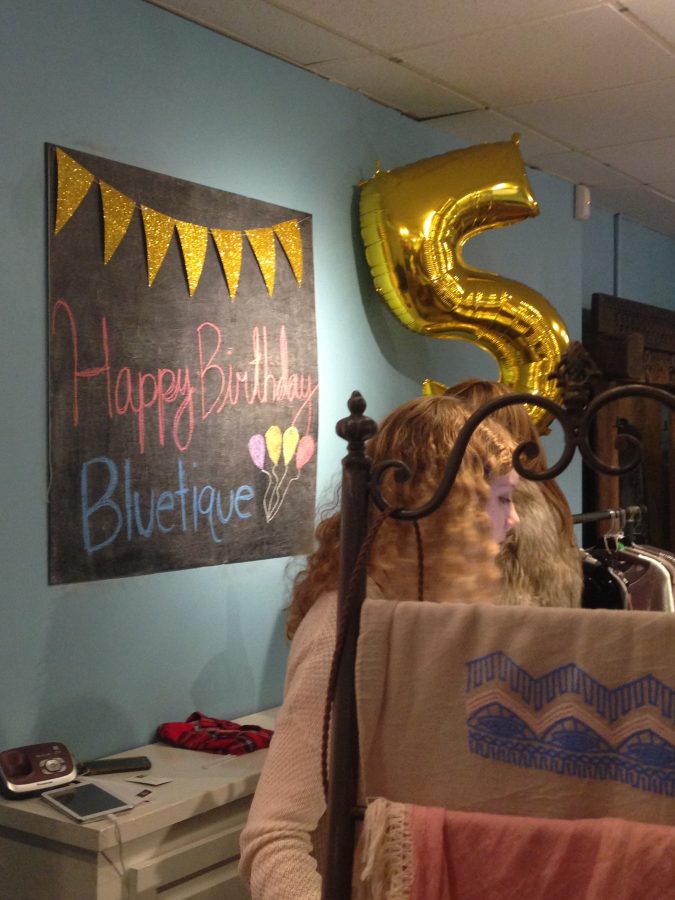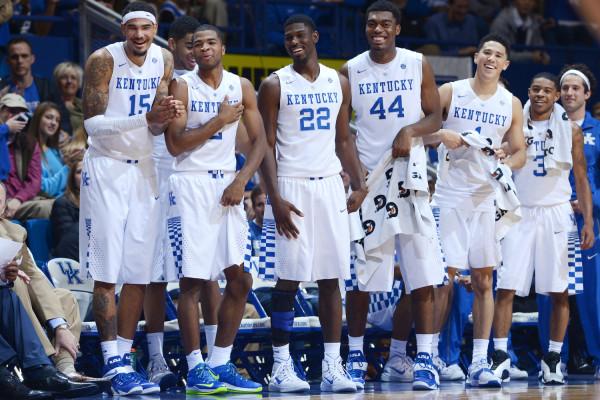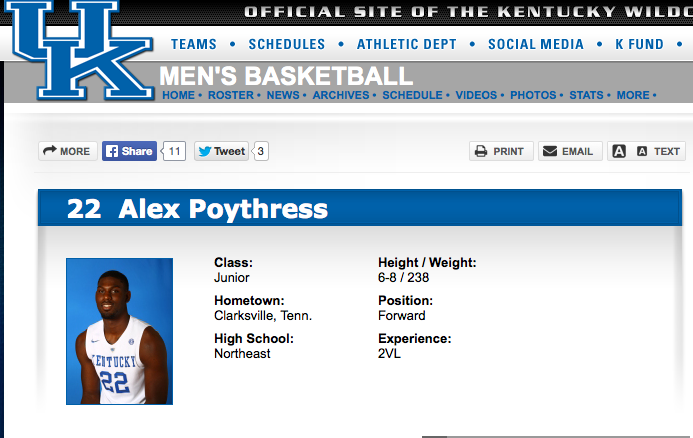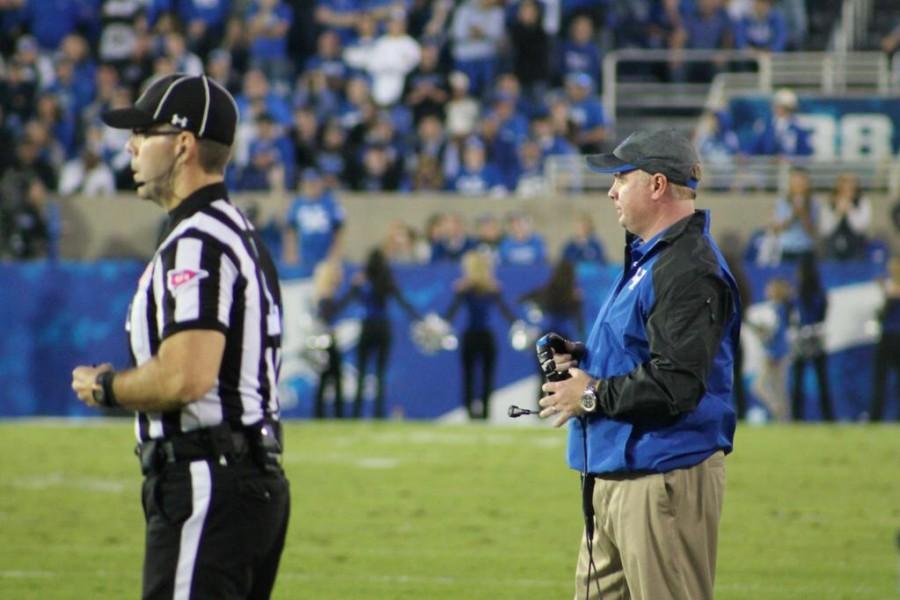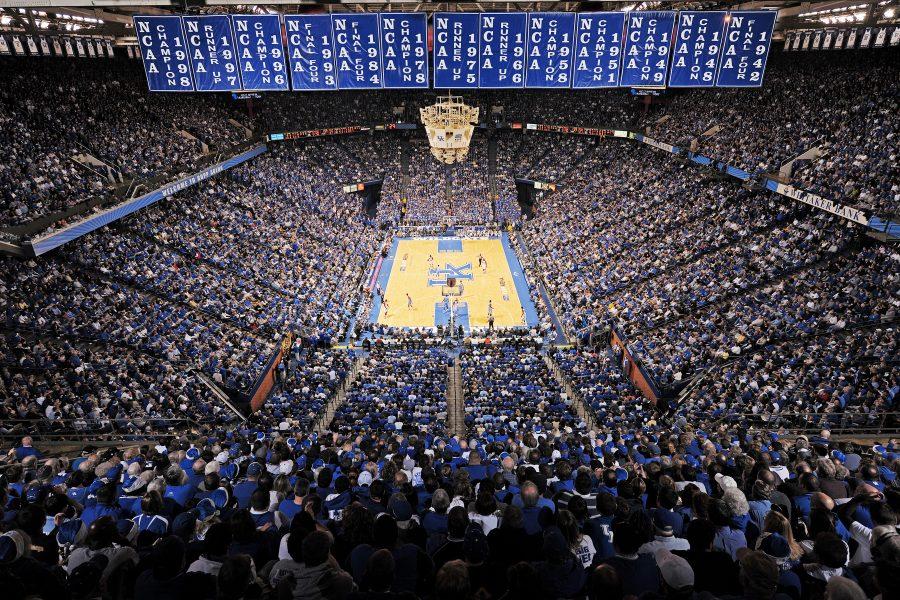Do universities do enough for student-athletes that don’t transcend to the professional level? Student-athletes get a free education, what else could they possibly need? It seems like a loaded question when you consider that television-ad revenue generated by March Madness exceeds a billion dollars regularly. Taking also into account that according to an audited financial statement released by the NCAA in 2013, the association [read: the bourgeoisie] recorded its third consecutive year of an annual surplus surpassing $60 million.
The question of whether student-athletes [read: the proletariat] should be compensated for their work has been beaten into the ground. The rebuttal by the kingpin of college athletics himself, NCAA President Mark Emmert, has and always will be that student-athletes receive an education that is deemed to be fair compensation for the labor of the amateurs, and provide enough security for the athletes moving forward. Somewhere in his mellow voice and amidst his relaxing piano melody, Bruce Hornsby is singing, “that’s just the way it is.”
But if the foreseeable future doesn’t yield any promising indications of change in the cartel that the NCAA calls its billion-dollar, non-profit business model, the focus then shifts to the value of compensation received: the education. Too often we see players who shine in college uniforms leave early to enter the professional draft in their respective sport, and too often we see those players bottom out.
Recently, Dustin Lewis, life skills coordinator for athletes at the University of Kentucky, came and spoke to our class about what his day-to-day activities include and what kinds of services UK offers for athletes that don’t go pro. While his services are optional to athletes, Dustin boasted an 85% success rate in having landed internships or jobs for student-athletes he worked with.
85%? That’s pretty impressive. However, when speaking about the students that choose not to take advantage of his free services, his words painted a more vivid picture of the futures of athletes who don’t make the cut at the next level.
“People that don’t work with me fall off the face of the earth,” said Lewis.
While there are scholarship funds that are available for students who choose to come back to UK and finish their degree, many never make their way back to the classroom. And while most D-I universities require mandatory tutorial hours for student-athletes during their time at the school, the programs and means for students who wish to return to complete their degree are grossly underwhelming.
Cardale Jones, Ohio State quarterback and recent National Champion, shared his thoughts about education on Twitter during one of his first semesters at the school. You’d think a degree from a prestigious Big 10 school like Ohio State would be something that a student-athlete would value, right?
“Why should we have to go to class if we came here to play FOOTBALL,” asked Jones. “We ain’t come to play SCHOOL, classes are POINTLESS.”
It would be an unfair assumption that all student-athletes share Jones’ view on the education they receive, however it would be inexcusable to fail to acknowledge that he is not alone in his sentiment.
But what happens if Jones were to tear his ACL a week before the upcoming football season? What if he were to get into trouble with the coaching staff for a violation of team conduct? Or even worse, what if he became academically illegible, compromising the exact compensation that should serve as his safety net if he doesn’t fall within the 1.6% of college football players that make it to the NFL?
We see the narrative far too often played out in college athletics. One day an athlete is being carried off the field and into the annals of romantic history fandom, the next they’re the star of an ESPN 30 for 30 examining how their life has derailed since their glory days.
Normally if you’re tired of the same show, you just change the channel. But the way the bureaucratic system that is the NCAA swallows up and spits out student-athletes, it doesn’t look like Mark Emmert will be handing over the remote anytime soon.
So where do we go from here? A reasonable person has to wonder if services such as life skills coordinators exist at universities, why aren’t athletic programs making the use of the services mandatory? Why is it required that they spend x amount of hours in quiet study, on top of required tutor sessions, and not in the office of someone like Dustin Lewis working on their resumes, cover letters and professional strengths?
If the system isn’t going to change and athletes will continue to see none of the revenue generated by their on-field performances or off-field merchandise sales, the least the academic institutions that are bannered on the front of the athlete’s jerseys can do is ensure once they take the jerseys off, they don’t fall off the face of the earth.
